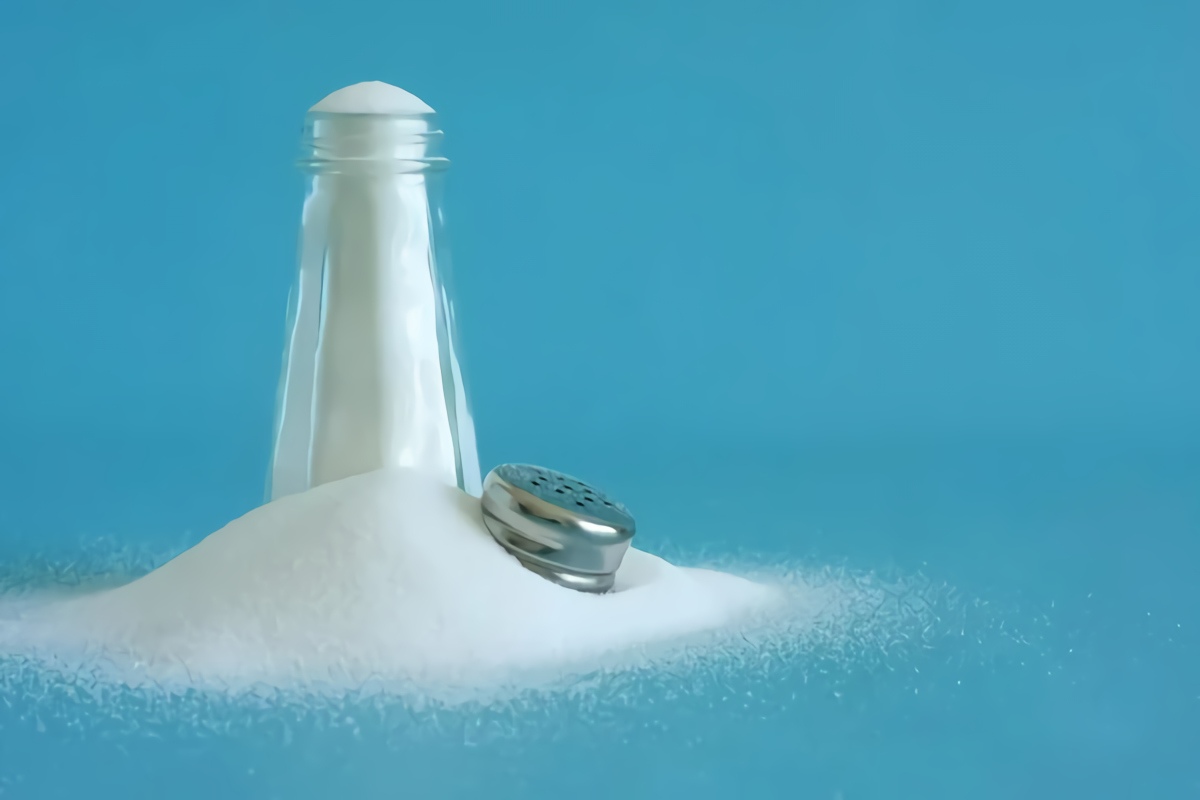Hardly anything works without salt. We need it for our bodies, and the spice makes sure that our food tastes excellent and doesn’t go bad too soon. So salt was regarded as white gold for thousands of years. The commerce of salt, which was a valuable and uncommon raw commodity, gave rise to whole commercial empires. Although salt is widely available nowadays, it has a negative image due to its alleged effects on straining the kidneys, raising blood pressure, and increasing colon cancer risk, among other things. But is it really the case? How much salt is considered healthy?
Only a very minimal quantity of salt is required by our body to maintain health. But our body needs this small amount for its survival. Without sodium, one of the ingredients in table salt, our neurons and muscles cannot effectively transfer impulses. The body uses salt to maintain a proper balance of water.
The recommended daily intake for sodium is 0.02 ounces (550 milligrams) and for the second salt component, chloride, is 0.03 ounces (830 milligrams). 0.2 ounces (6 grams) of table salt per day is regarded as the ideal intake. Deficiency symptoms may indeed occur if our body is lacking salts, such as if we have had extreme diarrhea or heavy sweating that has washed away the minerals.
However, this is a very uncommon occurrence. Low blood pressure and muscle cramps are symptoms of a sodium deficiency.
Salt sensitivity is determined by the disposition
The amount of common salt used in today’s eating habits is often too high. The majority of people consume 0.03 ounces (9 grams) of salt on average each day. But a significant portion of this salt doesn’t come from regular salt; instead, it’s concealed in processed goods and ready-to-eat meals like cheese, sausage, and salty pastries.
An average American consumes 3,400 mg of salt daily. However, the Dietary Guidelines for Americans advise a daily sodium consumption of under 2,300 mg, which is roughly 1 teaspoon of table salt.
But does this excess of table salt harm the body? This seems to be the case, at least for some people: When you consume high-salt diets, increased chemical messengers restrict the veins in your body. As an outcome, your blood pressure increases along with the risk of stroke and cardiovascular disease.
However, no one can say for sure at this time whether or not consuming more salt can have a negative effect on blood pressure. Some medical professionals believe that one in five hypertension patients may be salt-sensitive, while others believe that one in two may be.
Effects of too much salt on healthy individuals are still unknown
But what about people in good health? Does purposefully consuming less salt enhance your health? Despite more than a century of study, it is still unclear if limiting salt consumption improves health. Scientists are still evaluating hundreds of research studies on excess salt consumption to find an answer to this question.
The overall finding is that a low-salt diet doesn’t accomplish anything for healthy individuals with normal blood pressure. According to that, only a 1% reduction in blood pressure may be seen from consuming less salt. But several hormones and blood lipids actually increased as well, which may be detrimental for your body over time.
Therefore, it is still unknown whether an exceptionally low-salt diet is beneficial or harmful over the long haul for healthy individuals. This salt situation likewise falls in the middle: stay away from excess salt and generally adhere to the daily limit of 0.2 ounces (6 grams).





















